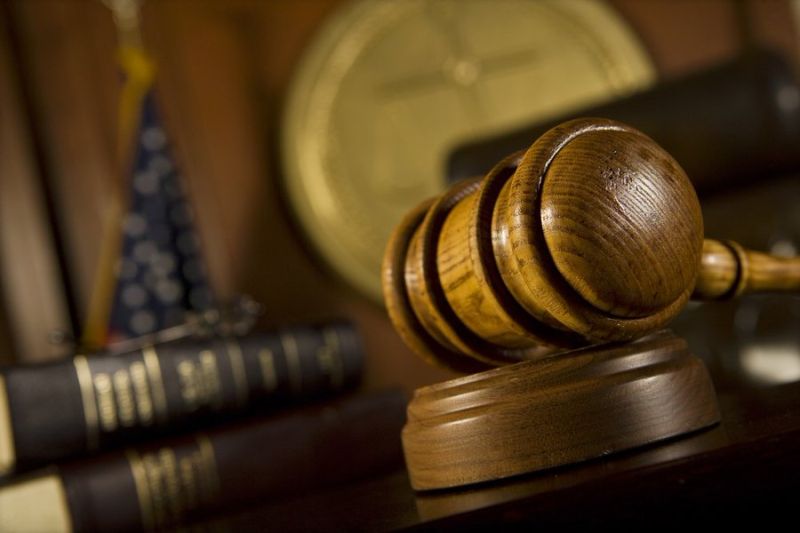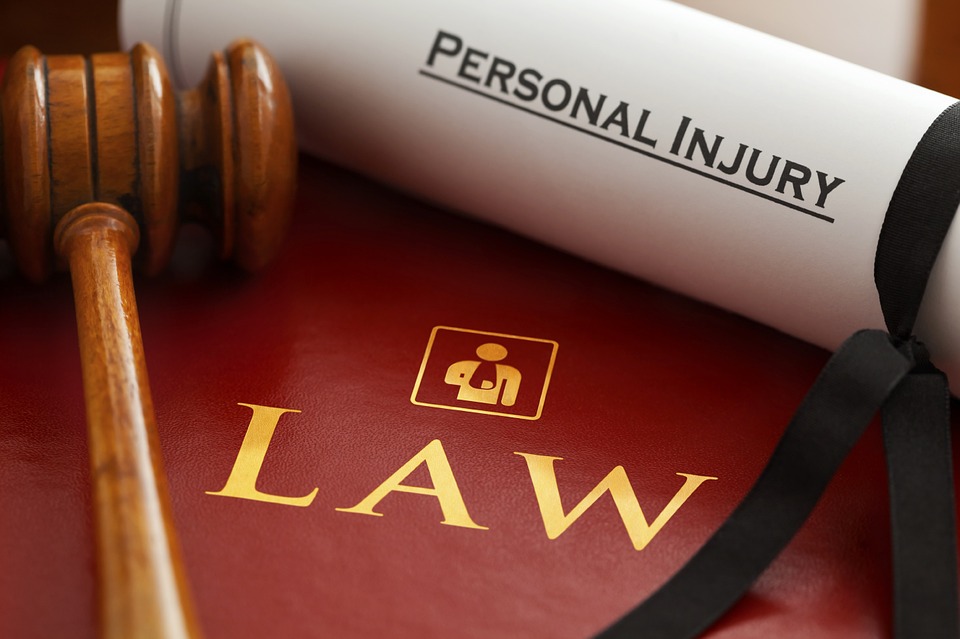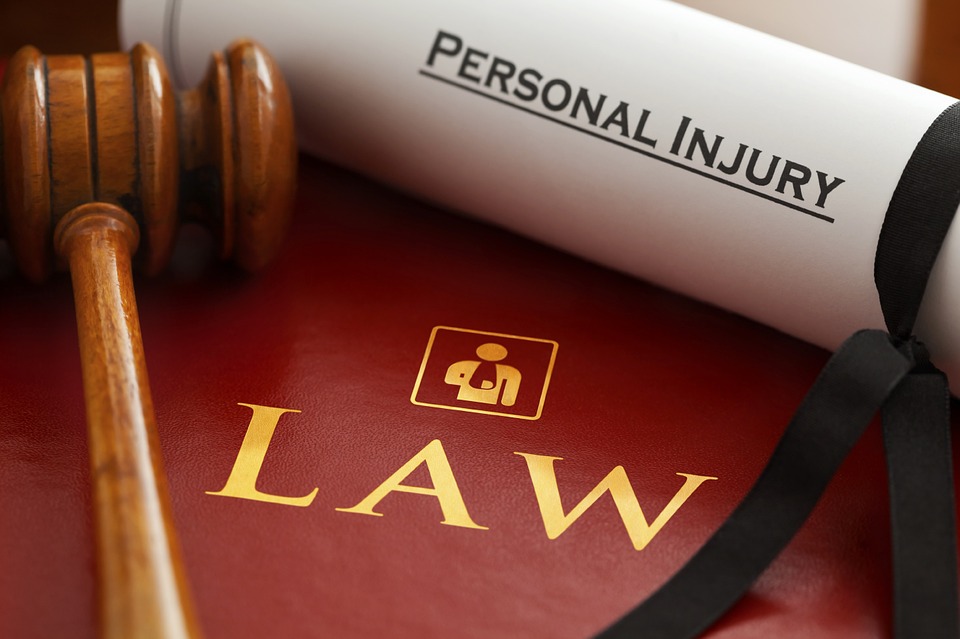<Causation Issue in Tort of the Motor Vehicle Accident> – We agreed that if caused by the relevant motor vehicle accident, the plaintiff’s chronic low back pain constitutes a “permanent serious impairment of an important physical, mental or psychological function”, within the meaning of ss.267.5(3) and 267.5(5) of the Insurance Act. – Following our investigation of the totality of medical evidence, motor vehicle accident was relatively modest … Read More
Search Results for: causation
<Causation Issue and Damages to be sought in Tort> -Initially, there was the issue of causation as the defendant denied liability and argued that the injuries of which the plaintiff was complaining were unrelated to the accident. -But, the plaintiff’s injuries of subscapularis tendon have progressed over time to a full tear. -Eventually, the plaintiff’s … Read More
<Removal from the Minor Injury Guideline under the Schedules> 1. An insured person may be removed from the MIG if it can be established that accident-related injuries fall outside of the MIG or, under s. 18(2), that a documented pre-existing injury or condition combined with compelling medical evidence states that the condition precludes recovery if … Read More
The threshold exceptions for litigation created by s.267.5(3) and 267.5(5) of the Insurance Act, supra, each effectively incorporates a causation requirement. In particular, the exceptions do not apply unless the specified impairments exist or occur “as a result of the use or operation of the automobile”. Demonstration of causation therefore is included in the elements a plaintiff must establish to satisfy the threshold for … Read More
Slipped and fell at a gas station? What is the two-part test applied by the court for determining whether this incident is an “accident” under s. 3(1) of the SABS?
S.B. v. Aviva Insurance Company of Canada, 2019 CanLII63363 Chisholm v. Liberty Mutual Group, 2002 CanLII 45020 (ONCA) Greenhalgh v. ING Halifax Insurance Co., 2004 CanLII 21045 (ONCA) The first part of the test, the purpose test, requires a determination of whether the incident resulted from an ordinary and well-known activity to which automobiles are … Read More






